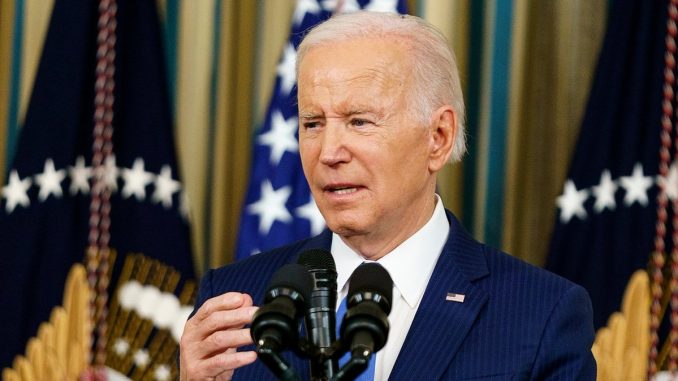
The Biden administration has argued that it has authority to forgive student loans under the Higher Education Relief Opportunities for Students Act of 2003. However, Pittman rejected this argument on Thursday, finding no “clear congressional authorization” for the program.
The ruling comes in response to a lawsuit filed in October by the Job Creators Network Foundation, a conservative advocacy group, on the behalf of one borrower who is ineligible for the relief program and another who is not eligible for the full $20,000.
The group argued that the Department of Education had failed to allow for public notice and comment on the program and that the agency generally lacked the authority to forgive student loans under the HEROES Act.
As an agency, the Department of Education technically receives its authority to make rules from Congress. Since the issue of student loan forgiveness is of vast “economic and political significance,” Pittman found that the agency is required to show that it has a clear authorization from Congress for the program, which he ruled it did not.
“Whether the Program constitutes good public policy is not the role of this Court to determine,” Pittman said in the ruling. “Still, no one can plausibly deny that it is either one of the largest delegations of legislative power to the executive branch, or one of the largest exercises of legislative power without congressional authority in the history of the United States.”
Thursday’s ruling represents the biggest victory thus far for conservative opponents of the Biden administration’s debt relief program.
A federal appeals court temporarily put the program on hold in late October following a challenge from six GOP-led states. However, the appeals court ruling only blocked the program while the states’ appeal played out and did not strike down the program outright.
Biden’s debt relief program would forgive up to $10,000 in student loans for borrowers who make under $125,000 and up to $20,000 for those who received Pell Grants.
Via The Hill
